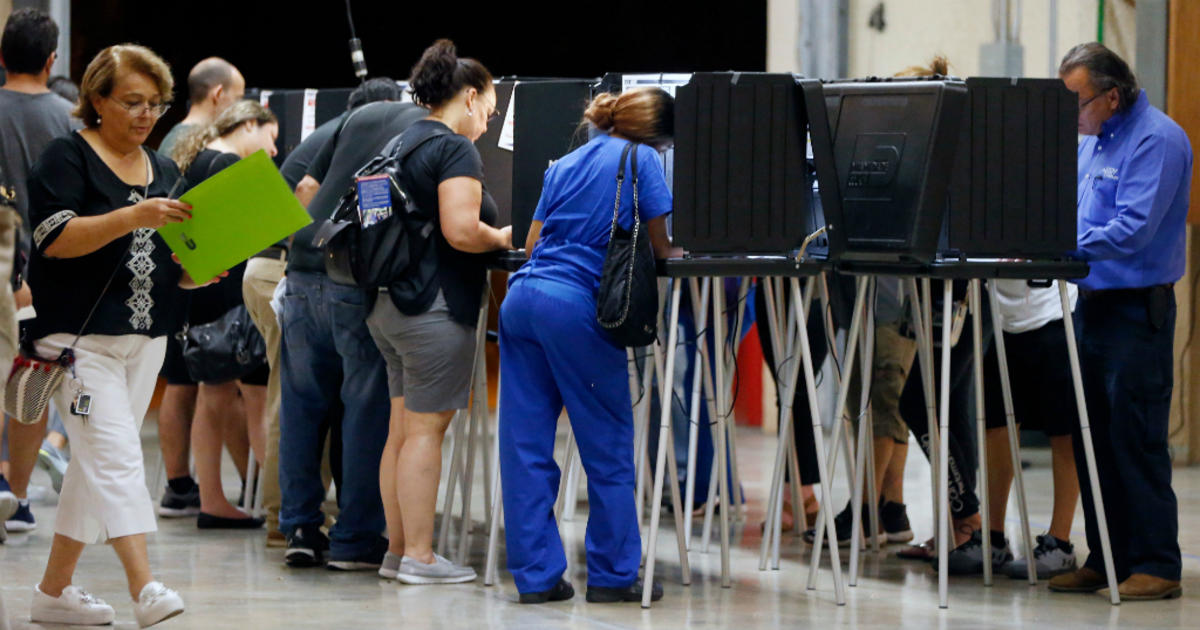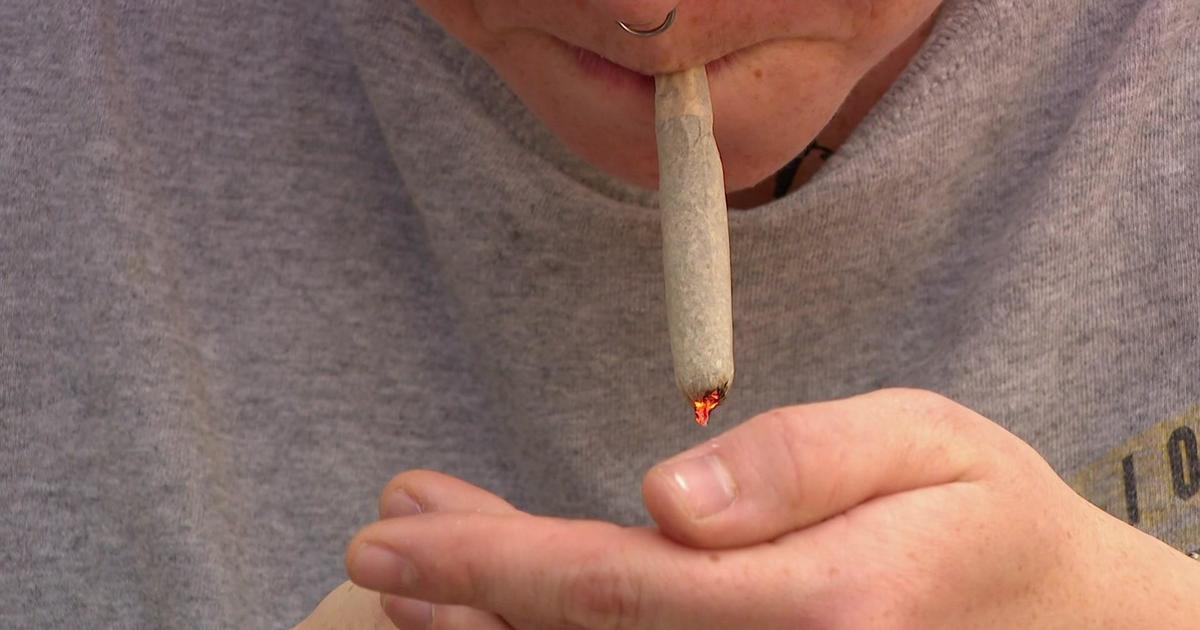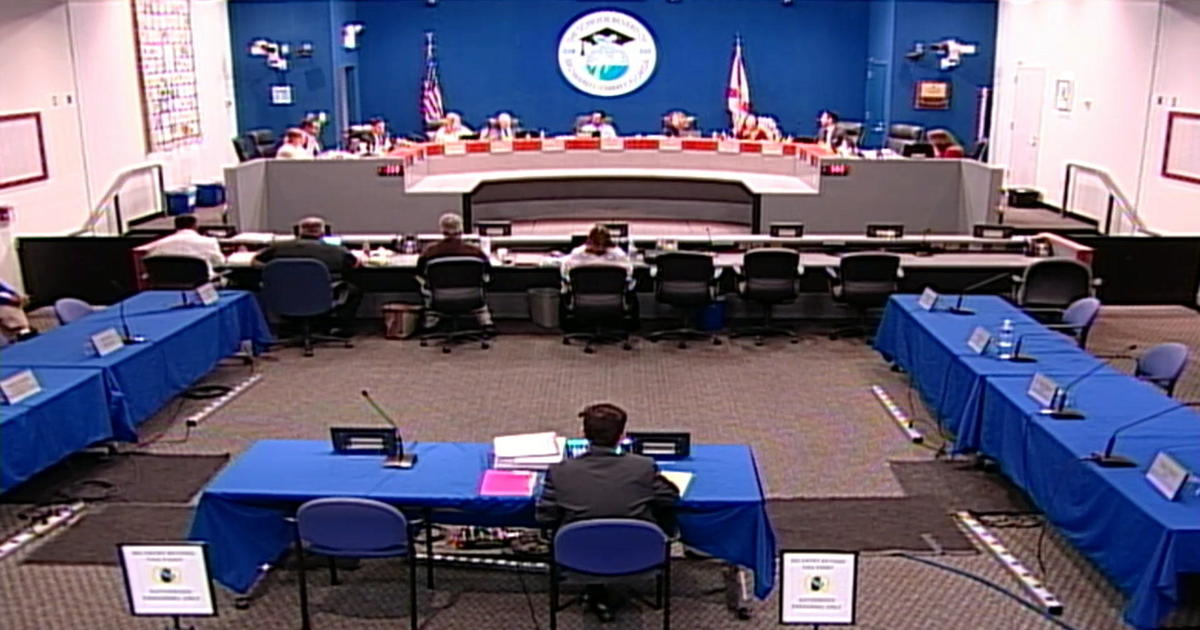Appeals Court: Welfare Drug Tests Unconstitutional
Follow CBSMIAMI.COM: Facebook | Twitter
TALLAHASSEE (CBSMiami/ NSF) -- A federal appeals court on Wednesday, again rejected a Florida law requiring welfare applicants to submit to drug tests before they can receive benefits.
Pushed by Florida Governor Rick Scott, the 2011 law "offends the Fourth Amendment" protections from unreasonable searches by the government, a three-judge panel ruled in a 54-page opinion authored by Judge Stanley Marcus.
"We respect the state's overarching and laudable desire to promote work, protect families, and conserve resources. But, above all else, we must enforce the Constitution and the limits it places on government. If we are to give meaning to the Fourth Amendment's prohibition on blanket government searches, we must --- and we do --- hold that (the Florida law) crosses the constitutional line," Marcus wrote.
The ruling, which upheld a final judgment late last year by U.S. District Judge Mary Scriven, is the fourth time courts have sided with the American Civil Liberties Union of Florida and the Florida Justice Institute, which filed the lawsuit on behalf of Luis Lebron, a Navy veteran and single father. The lawsuit was filed shortly after the law went into effect in mid-2011. Scott used mandatory drug tests as an issue in his 2010 campaign.
"This is a resounding affirmation of the values that the Fourth Amendment of the U.S. Constitution protects – that none of us can be forced to submit to invasive and humiliating searches at the whim of the government, and that the Constitution protects the poor and the wealthy alike. The court has once again confirmed what we argued all along: that the state of Florida cannot treat an entire class of people like suspected criminals simply because they've asked the state for temporary assistance," ACLU of Florida associate legal director Maria Kayanan, who argued the case before the court Nov. 20, said in a statement.
Scott can either ask the 11th Circuit for an "en banc" review by the entire court or pursue an appeal with the U.S. Supreme Court. The Scott administration did not comment Wednesday afternoon on the ruling. Despite repeated court decisions finding that the welfare drug testing law is unconstitutional, Scott and his lawyers have refused to back down from their position that the urine tests are needed to make sure poor children don't grow up in drug-riddled households.
But the appeals-court judges again rejected the Scott administration's arguments, saying that the state failed to make its case.
In effect from July 1, 2011, until Oct. 24, 2011, when Scriven issued a preliminary injunction putting it on hold, the law required applicants seeking benefits in the Temporary Assistance for Needy Families program --- emergency cash benefits for "the poorest of the poor," available to expectant mothers and families with children --- to submit to and pay for urine tests, which range from $24 to $45. The money would be reimbursed if the tests were negative, and parents who failed the tests could designate someone else to receive cash benefits on behalf of their children.
During the period in which the law was in effect, 4,406 applicants submitted to drug testing. Only 108 --- less than 3 percent --- tested positive for drugs. Another 2,306 applicants failed to complete the applications or receive the drug screens.
"Viewing all of the facts in the light most favorable to the state, we agree with the district court that the state has failed to establish a demonstrable or peculiar drug-use problem among TANF applicants. If anything, the evidence extant suggests quite the opposite: that rates of drug use in the TANF population are no greater than for those who receive other government benefits, or even for the general public," Marcus wrote.
The U.S. Supreme Court has made exceptions for the "closely guarded category" of government searches, Marcus wrote, including for U.S. Customs drug-interdiction agents, government workers whose jobs require that they carry guns and student athletes. But the nation's highest court refused to sign off on a Georgia law that would have required mandatory drug testing of candidates for statewide office.
Scott is also involved in a separate drawn-out court battle over an executive order demanding that state workers submit to suspicion-less drug tests. The U.S. Supreme Court last year refused to take up that case, but Scott is expected to seek the high court's review again if lower courts continue to rule against him.
So far, the state, at Scott's bidding, has spent more than $400,000 on legal battles related to his attempts to require drug testing for state employees and welfare applicants.
Scott's lawyers argued that the state had a "special need" for an exception to the constitutional protections against government searches and seizures to ensure that TANF participants were prepared to enter the work force, ensure that the TANF program met its child-welfare and family-stability goals and guarantee that public funds are used for their intended purposes.
But Scott did not convince the judges that the "special need" exists.
"Of course, citizens do not abandon all hope of privacy by applying for government assistance. By virtue of poverty, TANF applicants are not stripped of their legitimate expectations of privacy --- they are not employees in dangerous vocations or students subject to the (power) of the state," Marcus wrote.
He added: "Encouraging employability, protecting children, and conserving public funds are general --- and unquestionably legitimate --- public concerns. But empirical evidence indicates these needs are not specific to or special for TANF applicants, nor is drug testing essential to ensuring the success of the TANF program as a whole."
The News Service of Florida's Dara Kam contributed to this report.
RELATED CONTENT:



